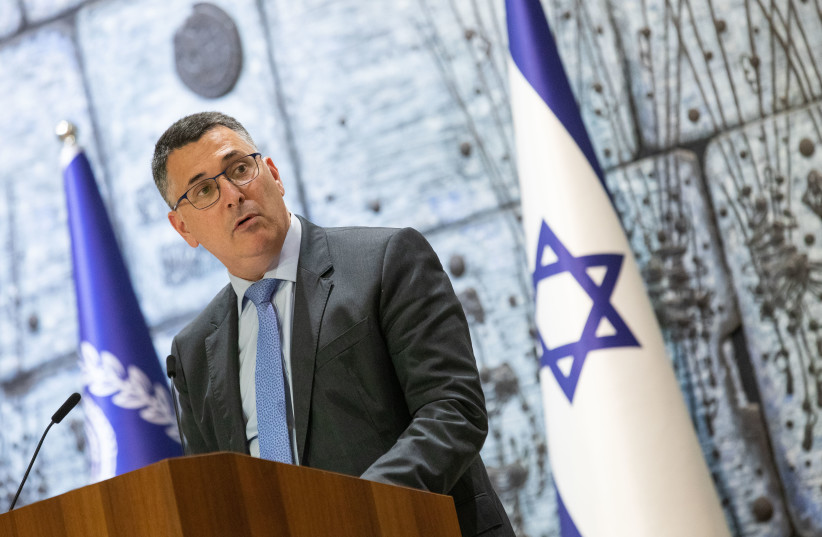Israel’s Supreme Court has been an important check on the abuse of powers that can take place when too much authority is centralized in the government or security forces. At the same time, the court has sometimes lost the trust of the public because it is seen as operating without any checks and balances on its own role.
Justice Minister Gideon Sa’ar’s announcement on Tuesday that he will push for the government to adopt public hearings for nominees to the High Court of Justice – a move supported by Chief Justice Esther Hayut – is therefore very significant.
We believe that a transparent system is the best one, especially in a country where we are too used to hearing that things happen in the shadows, such as the scandals involving security services using phone hacking technology.
Israel’s roots in the 1950s meant that while it combined some aspects of a Western legal system, with origins in the British Mandate, it also had elements that were more Soviet in tradition, with abuses such as the use of torture largely going unchecked. The Supreme Court was often the last place that groups could go to appeal things like home demolitions, enhanced interrogation of suspects, or discriminatory laws such as acceptance committees that govern who may live in small communities.
Now we could be in for a radical change in the process of selecting High Court nominees. Sa’ar appears to have succeeded because unlike previous administrations, he doesn’t have acrimonious relations with the court. As The Jerusalem Post has reported, the judiciary strongly opposed earlier proposals for public hearings in the Knesset and before the cabinet out of concerns about the politicization of the process. But the current proposal would keep in place a nine-person Judicial Selection Committee while giving the public a chance to see what is happening.

It’s not entirely clear why the public has been excluded in the past, but the citizens of Israel have every right to be informed about prospective Supreme Court justices.
It appears that for too long the court felt that it could sort of govern itself. When it was challenged there would be outburst against any attempt at reform. While this ostensibly shielded the court from the centralization and extreme politicization of the Netanyahu years, it also created tensions.
Giving the public more of a view of the process, which is akin to how the public learns about court nominees in the United States, could reduce the erosion of public trust in the court. Sa’ar has indicated that he will seek approval for his ideas at a meeting of the Judicial Selection Committee on April 11. Currently, the committee – including justices, cabinet ministers, members of the Knesset and members of the Israel Bar Association – held interviews with potential justices behind closed doors.
What might be in store for us now? Live broadcasts of the public hearings could happen.
“The public component of the selection process and its transparency would substantially contribute to increasing the public’s trust in the selection process for Supreme Court justices,” Sa’ar said, according to reports.
This desire for transparency is not just about the court. It is part of a larger process in Israel. The public has been shut out of many decisions over the last decade. This was made even worse during the four elections that Netanyahu forced upon the country.
During that era, we lacked basic things like having a government and ministers and anyone accountable to the public, as we were forced to vote again and again and the prime minister appeared to purposely sabotage any coalition. We didn’t even have a budget for years. Basic governance ground to a halt. The Defense Ministry and Foreign Ministry were cut out of decision making. Israel was run by one person, sometimes entirely at his whim, with few checks on his power.
After this abuse, the public needs to have restored confidence in our system of democracy. For too long one ruling party in Israel purposely eroded institutions here, spread conspiracies and undermined democracy. Sa’ar’s proposal will begin to bring transparency to the process and some of that confidence back.
